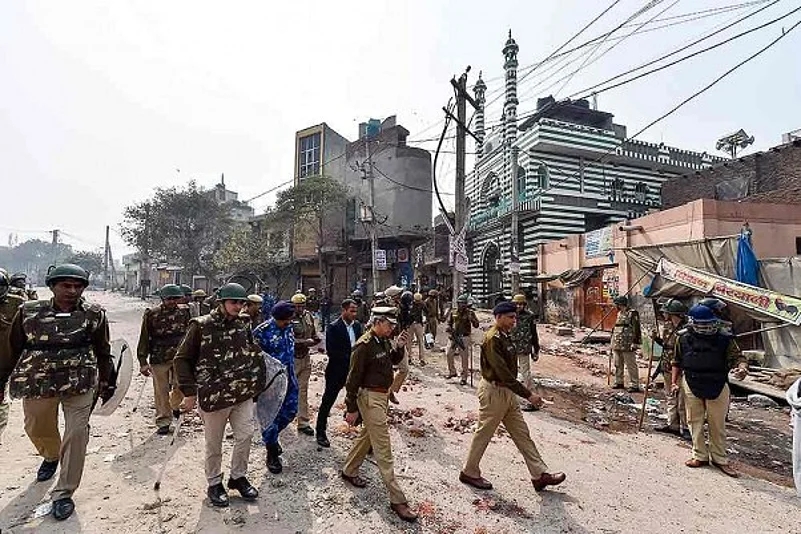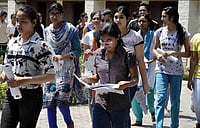A Delhi court, while hearing a bail application of a riot accused, has dismissed the argument that police officials are “interested witnesses” and they cannot be relied upon.
Shadab Ahmad, an accused in the head constable Ratan Lal murder case, has been in jail since April 6.
Ahmad recently filed an application for bail. Appearing on his behalf, lawyers Seema Misra, Shivam Sharma and Kartik Murukutla argued before the court that Ahmad has been wrongly and maliciously implicated in the matter by the investigating agency just because he belongs to a particular community.
They highlighted several grounds in favour of granting bail to Ahmad. One of them was the credibility of police constables who were eye-witnesses along with many public witnesses.
“The police witnesses (three beat constables) cited in the matter are ‘interested witnesses’, whose statements are verbatim and a cut and paste version of each other,” the three lawyers argued. They also questioned that the police officials identified the accused after a gap of a few days from the date of the incident which makes the case against accused debatable.
Amit Prasad, special public prosecutor, appearing for Delhi Police, contradicted the contentions raised by Ahmad’s lawyers that police officials are “interested witnesses”. Prasad said that the FIR in the matter was registered on the statement of constable Sunil Kumar who was deployed as beat constable in the area for the past one-and-half months.
Vinod Yadav, additional sessions judge, Karkardooma court, cited three Supreme Court judgments to hold that the evidence of police officials cannot be discarded merely on the ground that they belong to the police force and are either interested in the investigation or in the prosecution.
Yadav referred to the case of “Tahir V/s State (Delhi) of 1996 in which dealing with a similar question, the Supreme Court has held, ‘In our opinion, no infirmity attaches to the testimony of the police officials, merely because they belong to the police force and there is no rule of law or evidence which lays down that conviction cannot be recorded on the evidence of the police officials, if found reliable, unless corroborated by some independent evidence’.”
The judge dismissed the bail application on the several other grounds such as the statement of independent public witnesses and the accused phone records which show that he was in touch with other accused who were declared proclaimed offenders.




















.jpg?w=200&auto=format%2Ccompress&fit=max)

_550_550.jpg?w=200&auto=format%2Ccompress&fit=max)



